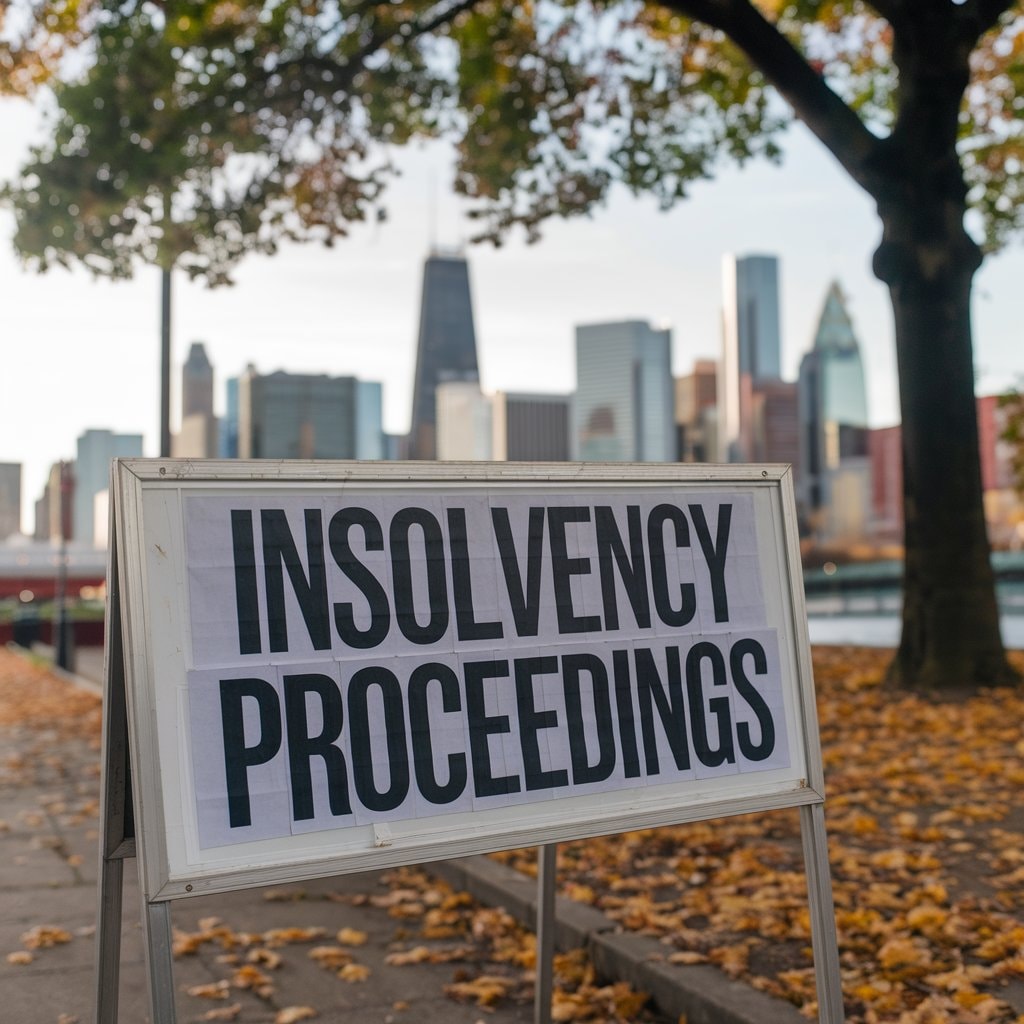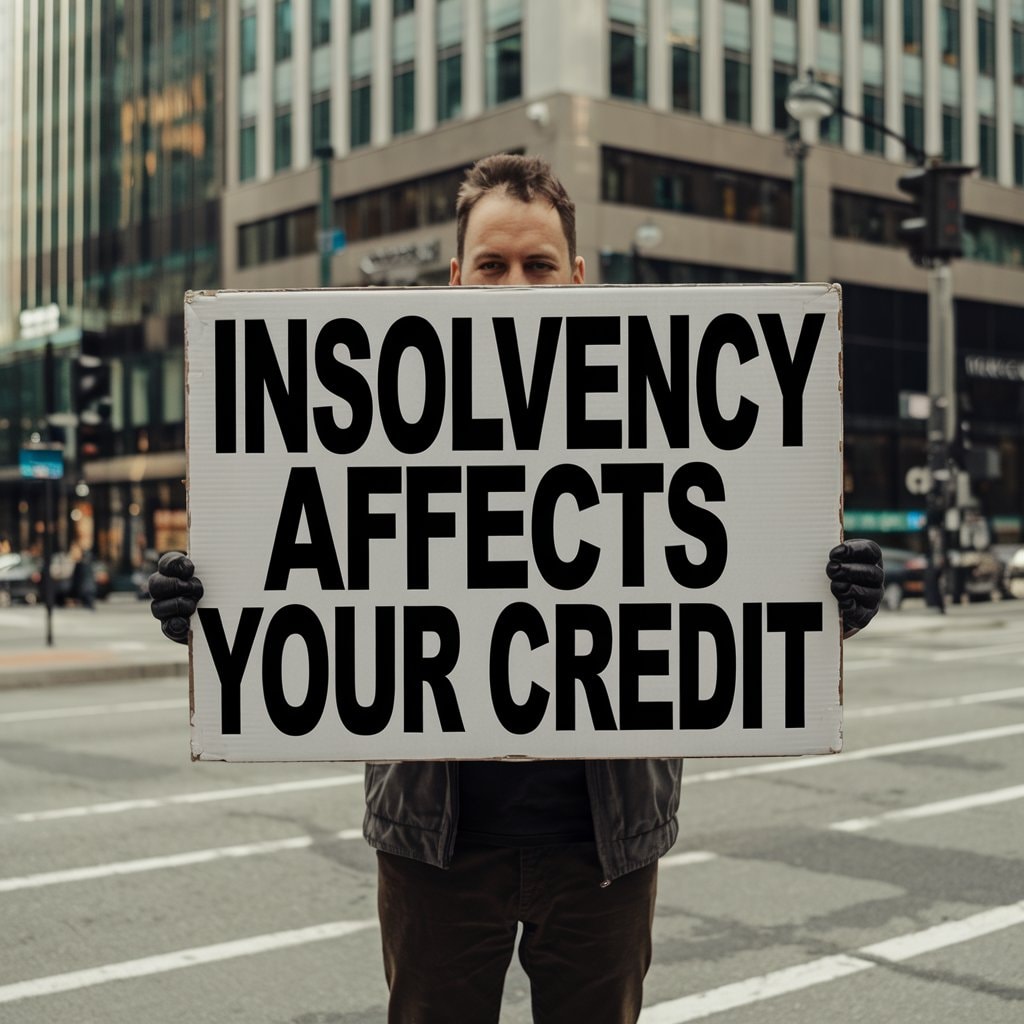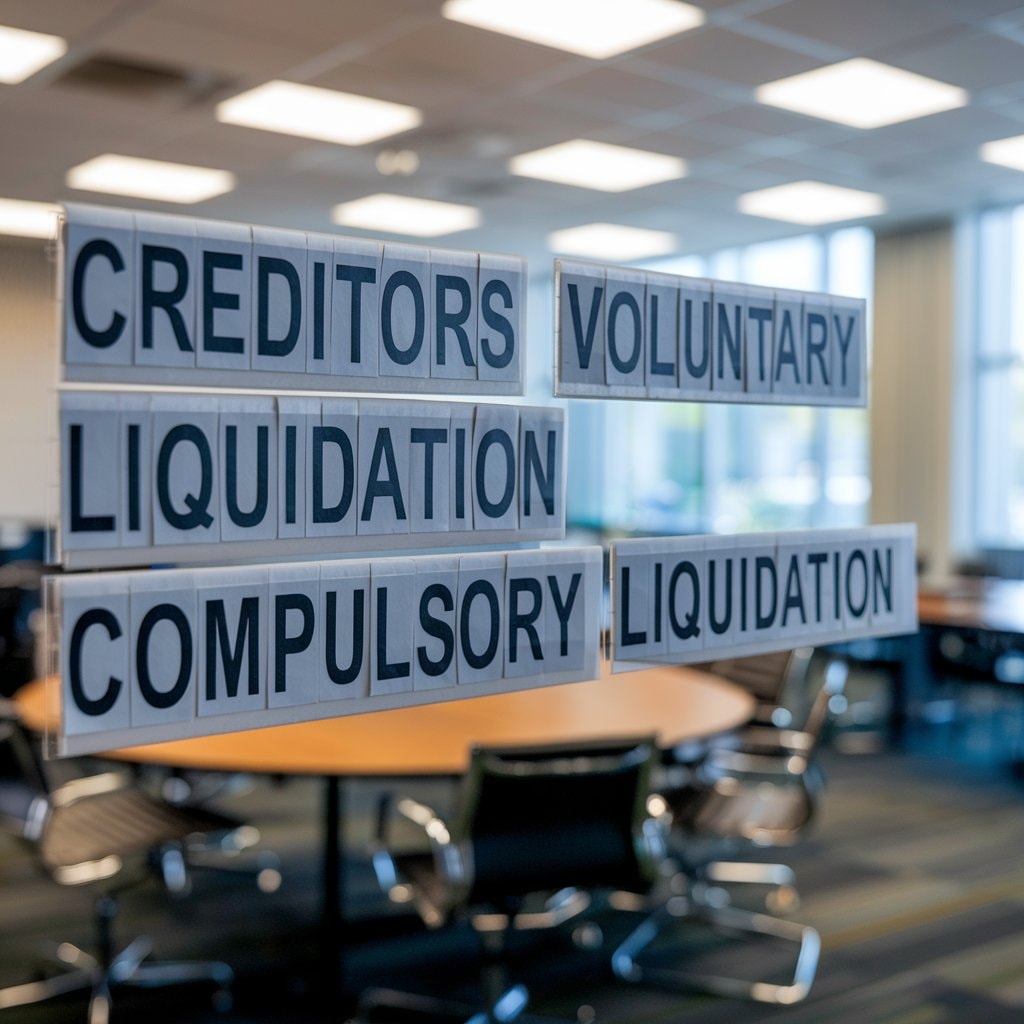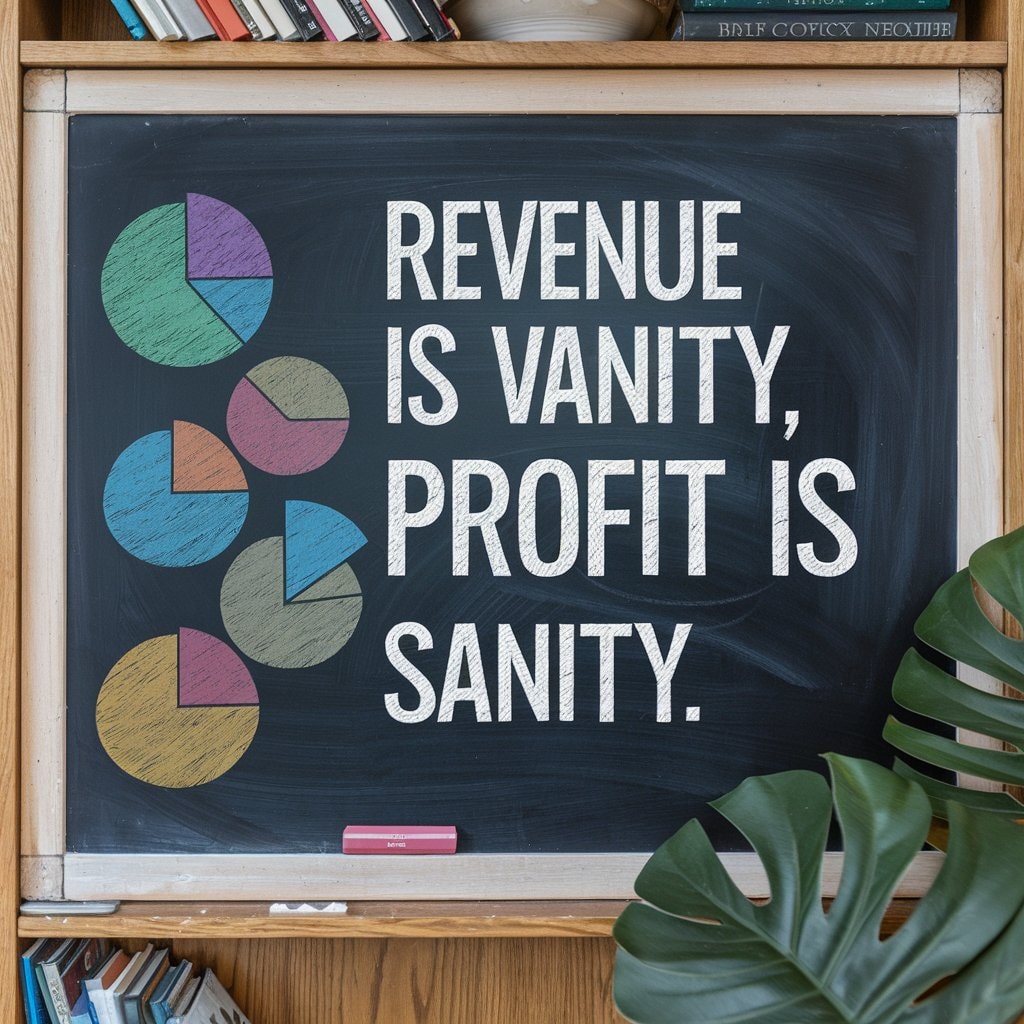Numerous entrepreneurs frequently target boosting their turnover under the presumption this directly correlates to an increased bank balance. However, a high sales figure doesn't necessarily signify a thriving business venture. Understanding the fundamental difference between revenue generation and genuine profitability remains crucial for sustainable business success in the competitive UK market. A vital concept to […]
Blogs
 Comparing the Difference Between Liquidation and Dissolution
Comparing the Difference Between Liquidation and Dissolution
Facing financial challenges is a common issue among business owners and company directors. Making the right decision between liquidation and dissolution can significantly impact your company's future. Some companies may also want to consider broader recovery options, including administration or Company Voluntary Arrangements, before deciding on closure under the Insolvency Act 1986. Understanding the difference […]
 What Are Insolvency Proceedings and How Do They Work?
What Are Insolvency Proceedings and How Do They Work?
Facing financial challenges can be overwhelming for any business owner or company director. When your company cannot pay its debts as they fall due, you may need to consider formal insolvency proceedings. Understanding these procedures is crucial for making informed decisions that protect both your business interests and those of your stakeholders. Insolvency proceedings encompass […]
 Difference Between Moratorium and Holiday Period: Loan, Grace period Explained
Difference Between Moratorium and Holiday Period: Loan, Grace period Explained
Handling loans might be challenging, particularly during financial distress under the regulatory framework established by the Financial Conduct Authority (FCA). Many individuals question the distinction difference between moratorium and holiday period and how these choices can assist in better organising their monthly payments under English law. It's essential to understand that a moratorium period grants […]
 How Does Insolvency Affect Credit Rating and Company Liquidation Impact?
How Does Insolvency Affect Credit Rating and Company Liquidation Impact?
Understanding how insolvency affects credit ratings is crucial for business owners and directors operating within the UK's comprehensive regulatory framework. Many worry whether their company's financial difficulties will harm their personal ability to borrow money or impact their business's future creditworthiness. This concern is well-founded, as insolvency can significantly affect your credit rating under UK […]
 Difference Between Creditors Voluntary Liquidation and Compulsory Liquidation Explained
Difference Between Creditors Voluntary Liquidation and Compulsory Liquidation Explained
Difference Between Creditors Voluntary Liquidation and Compulsory Liquidation Explained Facing financial difficulties is a reality for many companies. Under the Insolvency Act 1986 and Companies Act 2006, directors must choose whether to enter a creditors’ voluntary liquidation (CVL) or wait for compulsory liquidation. Understanding the difference between creditors’ voluntary and compulsory liquidation – and between […]
 What is Debt Insolvency: Understanding Debt, Bankruptcy, and Insolvency Procedures
What is Debt Insolvency: Understanding Debt, Bankruptcy, and Insolvency Procedures
Encountering financial difficulties can be overwhelming for business owners, company directors, and individuals facing financial distress within the UK's comprehensive regulatory framework. Understanding debt insolvency becomes vital when debts accumulate more rapidly than one can manage under the structured procedures established by the Insolvency Act 1986. Debt insolvency represents a situation where your liabilities exceed […]
 Key Difference Between Members and Creditors Voluntary Winding Up in Liquidation
Key Difference Between Members and Creditors Voluntary Winding Up in Liquidation
When a business encounters financial difficulties, determining the subsequent actions can be challenging. One potential remedy could be the closure of the company through liquidation under the provisions of the Insolvency Act 1986. This article will elucidate the primary distinction between members' and creditors' voluntary winding up in liquidation. In Members Voluntary Liquidation (MVL), a […]
 Insider Tips on How to Become an Insolvency Practitioner in the UK
Insider Tips on How to Become an Insolvency Practitioner in the UK
Many professionals dream of a career that combines finance, law, and business rescue, but they're often uncertain about where to begin. Becoming an insolvency practitioner represents one such rewarding path, offering the opportunity to work closely with businesses and individuals in financial distress, helping them navigate through challenging times whilst ensuring compliance with UK insolvency […]
 What Is Creditors Voluntary Liquidation (CVL) and Its Role in Liquidation?
What Is Creditors Voluntary Liquidation (CVL) and Its Role in Liquidation?
Many business owners face tough decisions when their company struggles with debt. One option they might consider is creditors' voluntary liquidation (CVL). This process allows a company to close down voluntarily rather than being forced into compulsory liquidation under UK insolvency law. A key fact about CVL is that it involves the shareholders of the […]

Address: Apex Building, 1 Water Vole Way, Balby, Doncaster, South Yorkshire, DN4 5JP
Tel: 01302 430180
Services
Company



